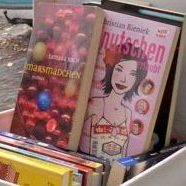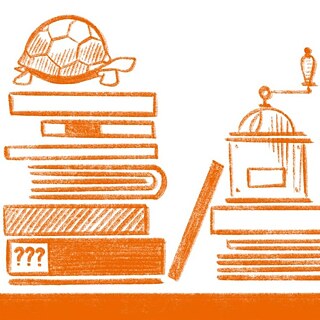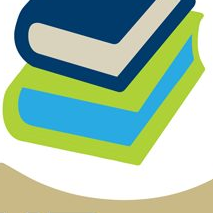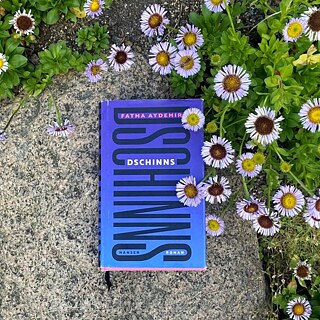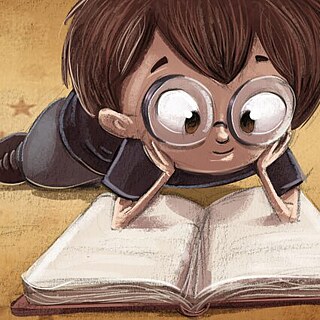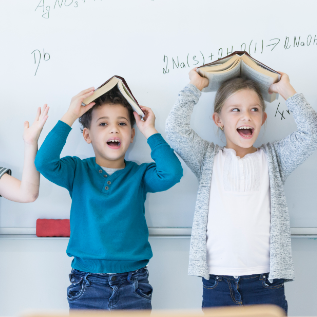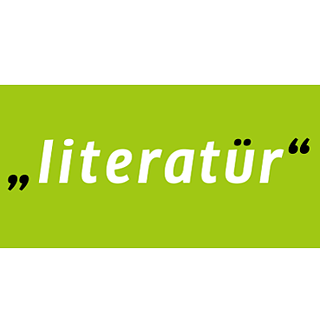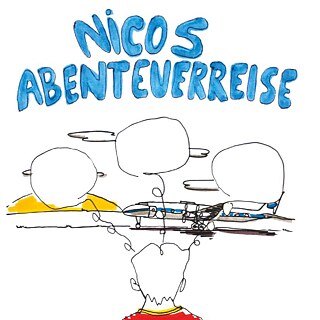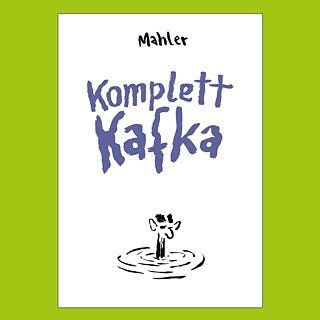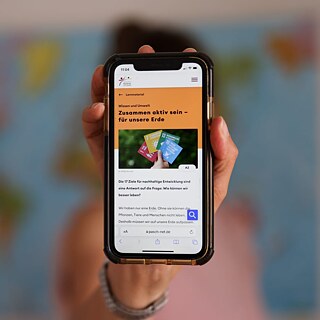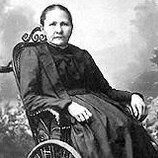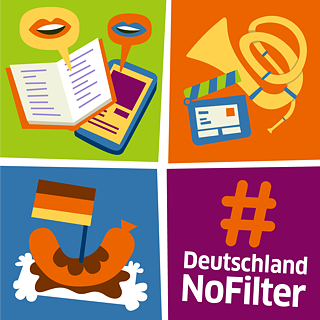
Show description in:
Chapter 17Practical poetry: poems and materials
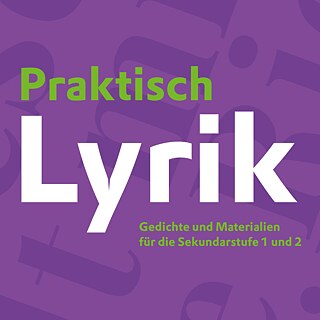
These handouts are intended to provide an incentive for teaching current poetry and concrete support for its implementation in the classroom.
Characteristics
Language level
Target group
Skill

Part of the series Reading Journey - German youth literature
22 materials
Description
In this poetry material, poems are presented and how they can be accessed with high school students.
Materials on how to teach poetry is available here: Teaching poetry
The individual tasks for the central phases of the lesson are accompanied by an overview with all the the individual tasks for the central teaching phases are preceded by an overview with all task titles, social forms and approaches for initial orientation.
The main part of each unit is divided into three phases: "Attunement", "Encounter with the text" and "Continuation".
If tasks are explicitly marked as "alternatives", they represent different paths to similar knowledge, which can be achieved via different social forms and against the background of different prerequisites. Each individual task is preceded by the specific methods of access (including production-oriented, performative, discursive, illustrative, analytical), so that it can be specifically selected according to the needs and possibilities of the group. In addition, each individual task is divided into the steps "material/preparation", "task" and "presentation/discussion". To provide concrete assistance, the tasks include illustrative examples as well as
tips on how to proceed.
As a first step towards promoting language awareness and reflection, one of the goals of this concept is to help the goal of this conception is to introduce the students (abbreviated as SuS in the task section) to their own active experimentation with language and its manifold possibilities. Ideally, this promotion of language and writing competence also enables cultural participation - in addition to the ability to form critical opinions stimulated by a change of perspective and debate.
The main goal, however, is the joy of engaging with poetic speech and thought: those who try writing poetry will encounter poems in the future with a new, curious and open view and read them (more) profitably for themselves.
Materials on how to teach poetry is available here: Teaching poetry
ABOUT THE CONCEPT OF THE POETRY UNITS
Each unit begins with the cover of the winning poetry book and the poem printed, followed by a short biography of the poet (and possibly the translator) and the link to the video interview. This is followed by short (excerpts from) reviews and a commentary on the poem as a first orientation. The commentary is also useful for a classical cognitive-analytical approach to the poem, if it is desired to follow such an approach after the production- and action-oriented exercises.The individual tasks for the central phases of the lesson are accompanied by an overview with all the the individual tasks for the central teaching phases are preceded by an overview with all task titles, social forms and approaches for initial orientation.
The main part of each unit is divided into three phases: "Attunement", "Encounter with the text" and "Continuation".
If tasks are explicitly marked as "alternatives", they represent different paths to similar knowledge, which can be achieved via different social forms and against the background of different prerequisites. Each individual task is preceded by the specific methods of access (including production-oriented, performative, discursive, illustrative, analytical), so that it can be specifically selected according to the needs and possibilities of the group. In addition, each individual task is divided into the steps "material/preparation", "task" and "presentation/discussion". To provide concrete assistance, the tasks include illustrative examples as well as
tips on how to proceed.
As a first step towards promoting language awareness and reflection, one of the goals of this concept is to help the goal of this conception is to introduce the students (abbreviated as SuS in the task section) to their own active experimentation with language and its manifold possibilities. Ideally, this promotion of language and writing competence also enables cultural participation - in addition to the ability to form critical opinions stimulated by a change of perspective and debate.
The main goal, however, is the joy of engaging with poetic speech and thought: those who try writing poetry will encounter poems in the future with a new, curious and open view and read them (more) profitably for themselves.
LEARNING OBJECTIVES ARE:
- Students will learn about two translated poems and work with them on different levels.
- Students will get to know two poets.
- Students will learn about reviews and commentaries on the two poems.
- Students deal with different methods of poem analysis.



